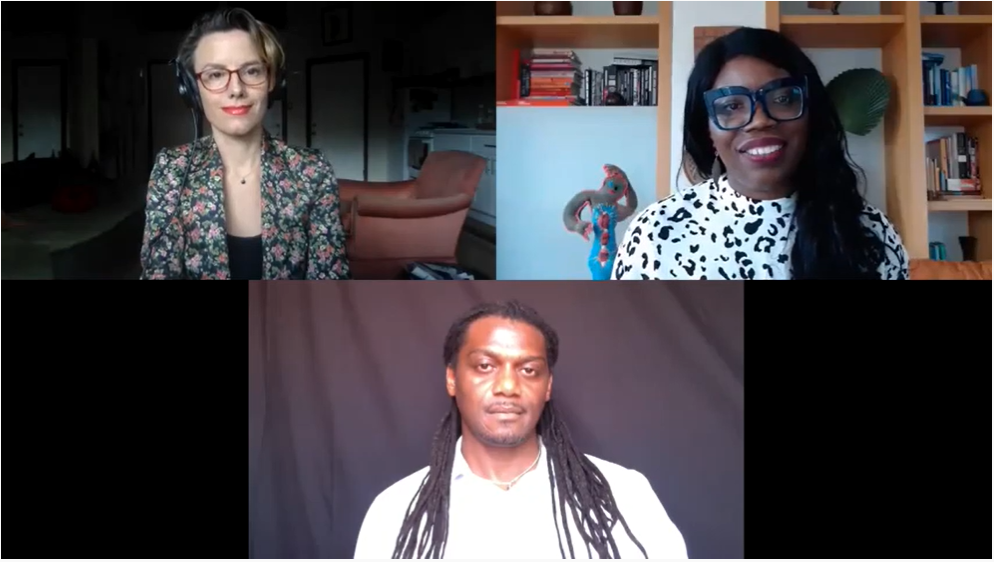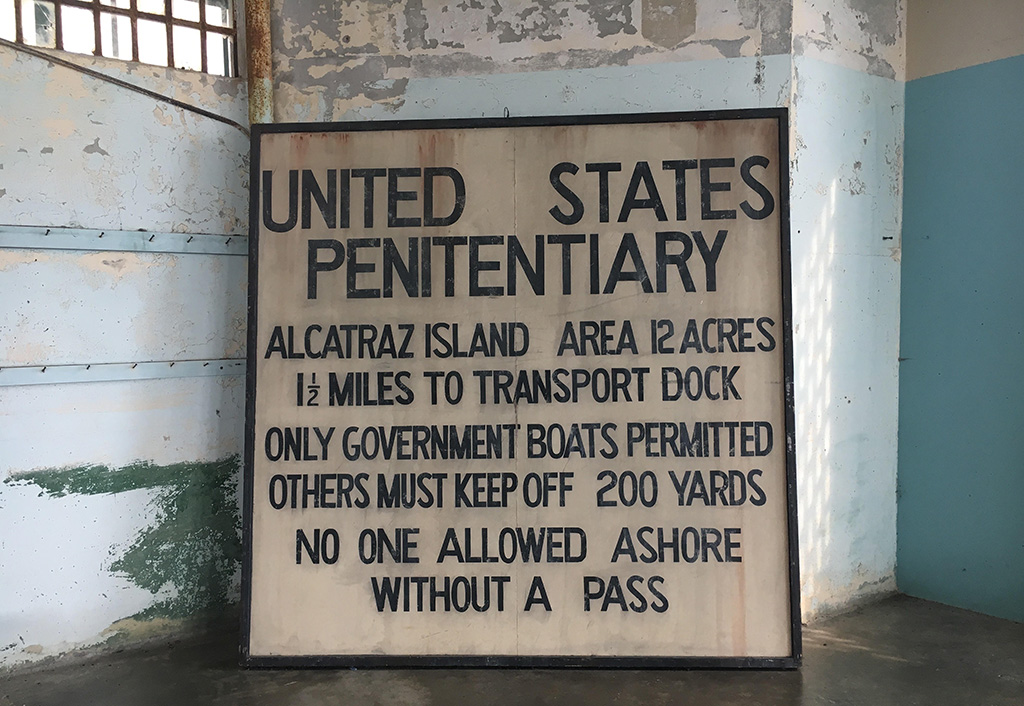
This October, Pulitzer Center grantee Sarah Shourd directed three virtual performances of her play The BOX, a culmination of her three-year investigation into the torture of solitary confinement. The play debuted in 2016, and performances were held on the historic site of Alcatraz Island last June.
On October 7, Shourd, a journalist and artist, joined actor Dameion Brown to discuss the effects of isolation and mass incarceration in a conversation moderated by Liz Ogbu, a designer, urbanist, and spatial justice activist.
Shourd was held as a political hostage after she unknowingly crossed into Iran while hiking in Northern Iraqi Kurdistan in 2009. She was held in isolation for 410 days. Ten years after her release, Shourd is still seeking to understand what she experienced during solitary confinement–an experience shared daily by 80,000-100,000 incarcerated individuals in the U.S., she said. Brown was formerly incarcerated for over two decades, including one year in solitary confinement.
Among the topics discussed was the parallel between solitary confinement and the isolation people are experiencing during the COVID-19 pandemic. Shourd also spoke about adapting The BOX to a virtual format, and how a Zoom performance in some ways complemented the play's themes.
"Zoom reduces us, it diminishes us, it puts us in boxes; the dehumanization of solitary confinement is baked into the technology of Zoom–in the design," Shourd said. "I'm glad that it exists, and it ended up being a really powerful way to tell this story, but it's still a really crude platform. You lose some of that visceral power, but I think that the visceral power was regained by the fact that actors were in their own homes, literally just pouring themselves into this little green dot on their laptops, right into the audience's home. I think that intimacy was reignited by that direct contact."








